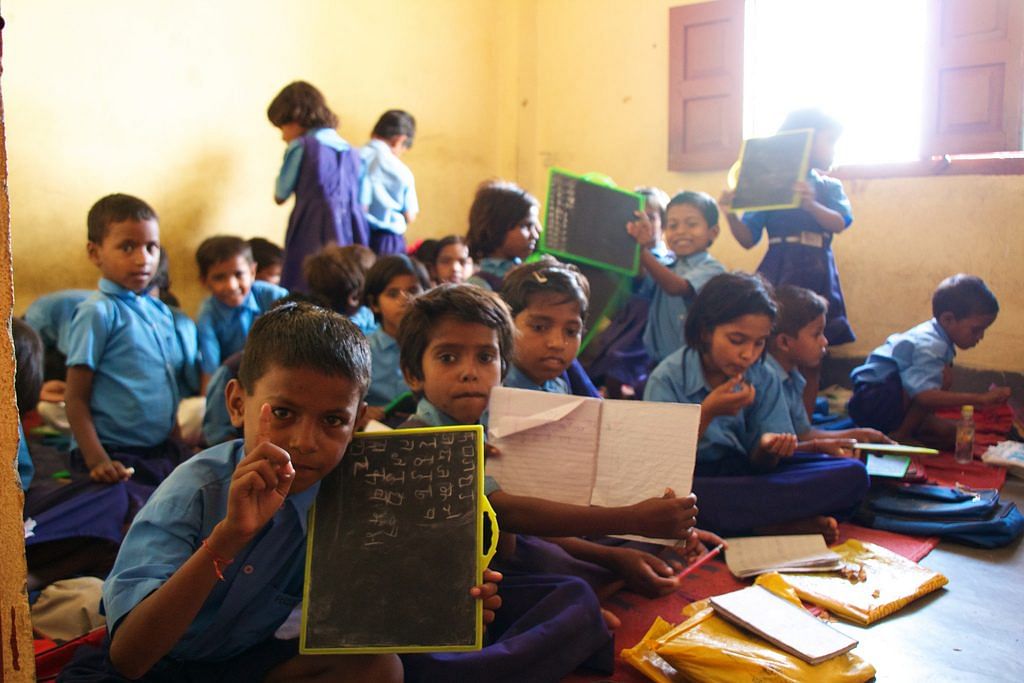New Delhi: Children in the age group 3-6 years should not be made to take a test, oral or written, the Narendra Modi government’s new guidelines and curriculum for pre-school suggest.
The guidelines suggested by the National Council for Educational Research and Training (NCERT) say the assessment for children in pre-school should be based on progress and not on ‘pass’ or ‘fail’.
“It should focus on child’s strengths rather than deficit and should not term any child ‘pass’ or ‘fail’,” say the guidelines released Monday.
The new guidelines also suggest the assessment must be based on qualitative judgment of children’s activities, status of their health, nutrition, physical and social well-being.
The Modi government plans to make pre-school education mandatory from the coming academic session, as recommended in the New Education Policy the ruling dispensation is positive on implementing.
Also read: Kendriya Vidyalaya students could soon be wearing Khadi uniforms
How assessment should be done
According to the new guidelines, brief written notes on how and where children spend time, their social relationships, use of language, modes of interaction, information about health and nutrition habits should be taken into account while assessment.
The NCERT rules suggest teachers should prepare a portfolio focusing on various aspects of the child’s learning. Samples of children’s work in art, painting, craft work, collage making etc. should become a part of the portfolio.
It also suggests that teachers should record videos and audio of the children to better assess the progress.
“Teachers can accordingly design and modify suitable classroom practices by viewing and listening to the recordings subject to privacy considerations,” the rules say.
The goal behind the curriculum is to make sure that children maintain a healthy well-being, become effective communicators, involved learners and are connected with their environment.
Guidelines on how to teach
The new NCERT guidelines also offer ways for teachers to impart lessons to the children.
Children can be taught about their body parts, and family members, and be made to understand relationships through different games and activities — clapping name and friendship walk, etc for instance.
The new rules also call for children to be taught their value in a family setup through celebration of birthdays, be allowed free play and conversation for expression, engaged in activities like drawing, coloring, painting etc.
Storytelling and reading aloud from big books, picture books and story books should be used as a method of teaching, say the new guidelines, among others.
They also specify the sitting arrangement, and props, classroom displays and setting of the classroom for children in the 3-6 age group.
“The furniture in the pre-school should have child sized tables and chair, so that their feet are touching the floor to provide them stability as when their feet dangle it makes it hard for them to sit still and participate in activities. The furniture should be arranged in such a way that it provides ease of access and space for the teacher and children,” say the guidelines.
Also read: HRD ministry ropes in IITs & IIMs to help accredit higher education institutes by 2022
